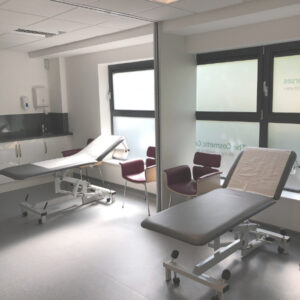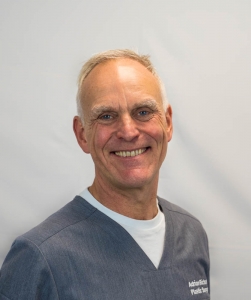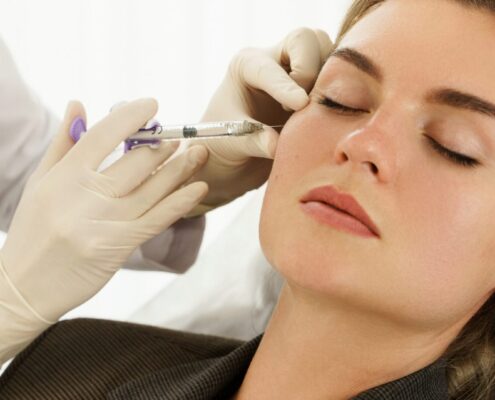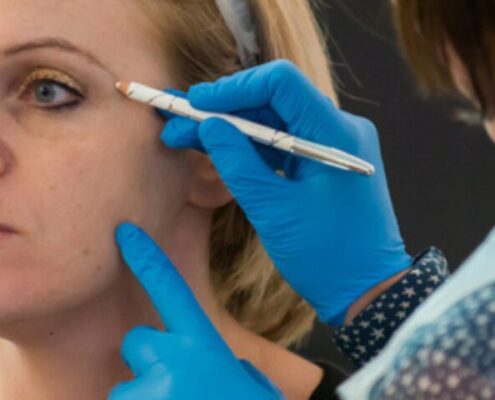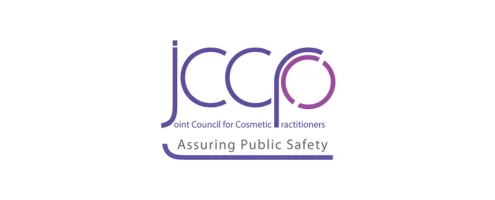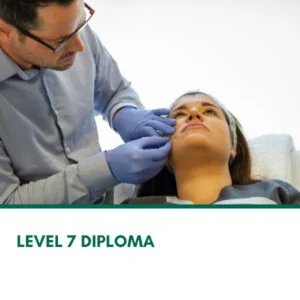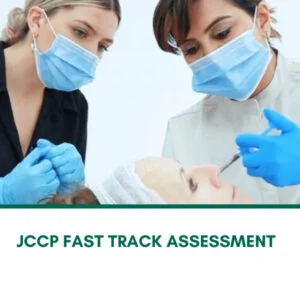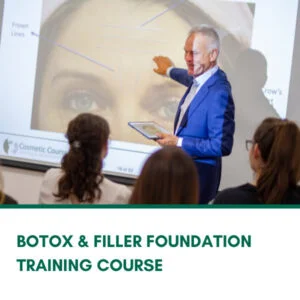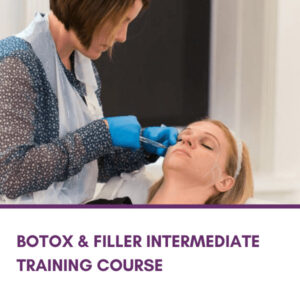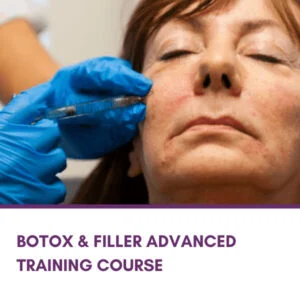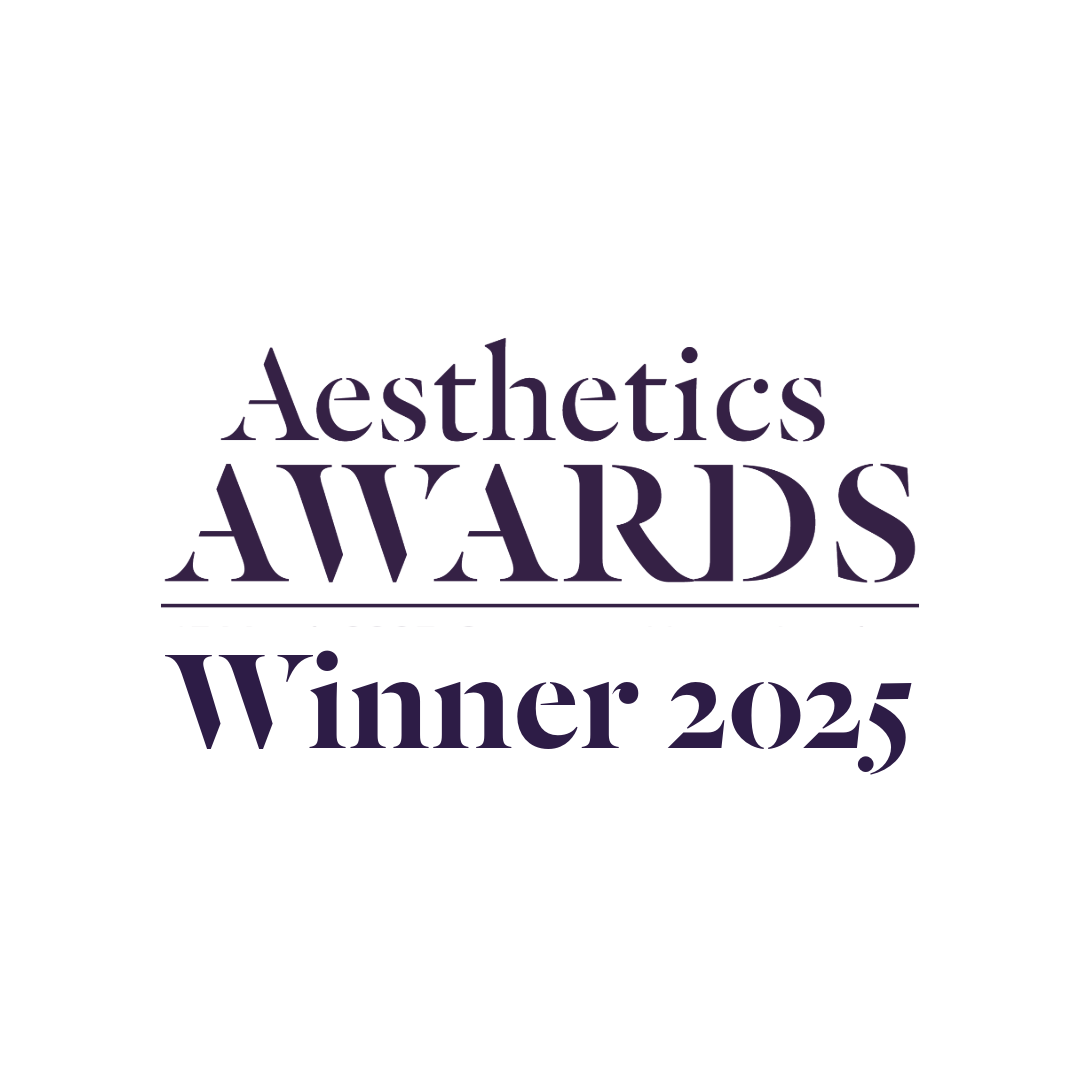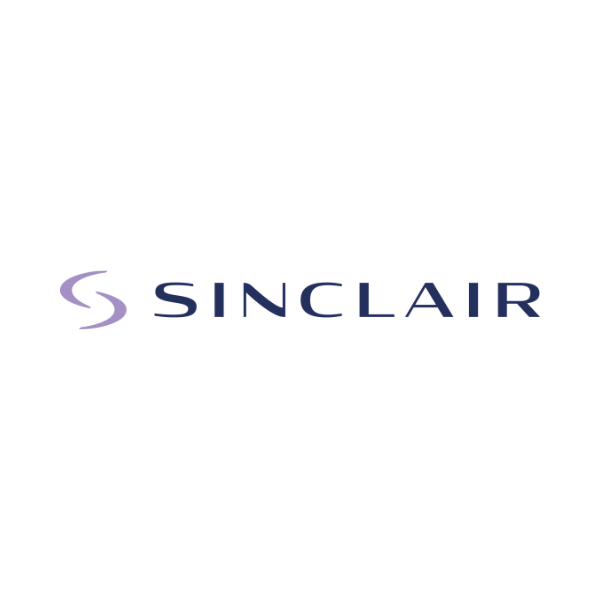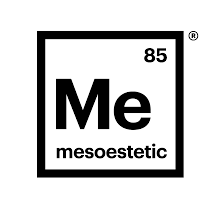Government Guidelines Knowledge Hub
Are you a medically qualified nurse, doctor, dentist or surgeon looking to find the latest news and updates in Government Guidelines and Regulation in the Aesthetics Industry? The Government Guidelines Knowledge Hub is the place to find the latest information on regulation and licensing in England. Below you will find our delegate’s most frequently asked questions plus useful articles relating to Government Guidelines in the aesthetics industry.
Regulation is coming to the aesthetics industry in the United Kingdom. There will be a new licensing system for all aesthetic practitioners who provide non-surgical cosmetic procedures such as the injection of toxins and fillers. This will prohibit any individual in England from carrying out specified cosmetic procedures unless they have a personal licence.
Alongside the personal licence, you will also need a premises licence. Granted by your local authority under the regulations, which authorises premises to be used for the carrying out of a cosmetic procedure of a description specified in the licence.
The Joint Council for Cosmetic Practitioners (JCCP) has requested that the Government should action a number of points as a priority to protect members of the public. These points are:
- The design and implementation of a national licensing scheme for all premises where licenced procedures are conducted as well as practitioners of non-surgical cosmetic procedures to ensure that all those who practise invasive procedures are competent and safe for members of the public (as proposed in Paragraph/Clause 180 of the Health and Care Act, 2022).
- A requirement for all practitioners to hold adequate medical insurance in order to provide non-surgical cosmetic procedures.
- The development of official guidance on the training and qualification expectations for all practitioners, including knowledge and application of infection controls and first aid training.
- The need to put an end to remote prescribing (including prohibiting the harmful practice of permitting prescribers to prescribe to third-party practitioners without first ensuring that a face-to-face consultation has taken place between the prescriber and the patient).
- The development of a system for the effective recording of adverse incidents and public awareness raising to ensure that all cases that go wrong can be tracked and improvements to safety made as a result. Members of the public need better tools and knowledge in order to protect themselves.
Becoming Licenced
To become licensed, there are two methods. They are through the JCCP Fast Track Assessment (FTA) and the Level 7 Aesthetic Medicine Diploma.
JCCP Fast Track Assessment Centre
In order to ensure that those operating in the industry are more accountable to members of the public with regards their ‘fitness to practice’ the JCCP has agreed that their registered healthcare practitioners should be able to evidence their compliance with the JCCP and CPSA published standards for practice, either by undertaking a JCCP approved qualification or by attending a JCCP approved Fast Track Assessment Centre (FTA).
The JCCP agreed last year that practitioners can apply to register for the new JCCP Fast Track Assessment (FTA) provided by Cosmetic Courses. The new fast-track assessment has been developed with the Joint Council for Cosmetic Practitioners (JCCP), and will streamline the qualifications process, enabling more cosmetic practitioners to be eligible to join the JCCP Government PSA approved register. Cosmetic Courses has been approved as a JCCP Fast Track Assessment Centre. You can find out more about our JCCP Fast Track Assessment by clicking the button below.
The JCCP Fast Track Assessment offers practitioners an alternative to more costly and time-consuming qualifications and is the only fast track assessment course of its kind on the market that is recognised by the JCCP, resulting in the award of a formally recognised equivalent verification standard that provides unconditional access to Part One of the PSA approved JCCP Practitioner Register.
In the UK there is no enforcement in place to ensure practitioners undergo adequate training of aesthetic treatments before injecting the public. This includes no training standards set. At present, anyone can administer non-surgical treatments, and anyone can train them, regardless of medical and educational background. It has been called upon for qualifications and training framework to be provided to ensure a high quality of training for those in the industry.
Level 7 Aesthetic Medicine Diploma
The Level 7 Aesthetic Medicine Diploma is suitable for all medically registered professionals including: Doctors, Dentists, Independent Nurse or Midwife Prescribers, Nurse Practitioners (without independent prescribing rights) or Midwives (without independent prescribing rights). There are two different approaches to gaining your level 7 aesthetics diploma. The route to achieving this will depend on your previous training and any aesthetic experience you might have.
If you are new to the aesthetics industry we recommend taking the full qualification which includes each element of the diploma from foundation to examination.
If you are an experienced aesthetic practitioner, then you may be able to enrol on the Recognition of Prior Learning (RPL). The RPL is only valid for the clinical practice components of the qualification. Those choosing the RPL route are required to complete the online learning material, summative synoptic assignments, literature review and final practical assessment with an external objective examination to demonstrate their level of confidence in aesthetic medicine. With the RPL option the clinical practice components of the Level 7 Diploma will be submitted in the form of a log book to demonstrate the practitioner’s aesthetic experience, this must include:
Evidence of 30 case studies for botulinum toxin and 30 case studies for dermal filler (60 in total) collated within the last 2 years.
A reference from an experienced aesthetic colleague or peer who can confirm your prior learning.
You can find out more about the Level 7 Aesthetic Medicine Diploma by clicking the button below.
“It’s great that regulation is coming in. We have been pro regulation for many years. It’s going to be great for the aesthetics industry and medical professionals. As the aesthetics industry has grown, we need regulation.”
Mr Adrian Richards, Consultant Plastic Surgeon & Clinical Director of Cosmetic Courses
If you have any questions on the above, please contact our team using the button below and we can give you any assistance you may need.
Latest Videos
Latest Government Guidelines & Regulation Articles
Frequently Asked Questions
What qualifications do I need to train with Cosmetic Courses?
You must be medically qualified as a surgeon, doctor, dentist or nurse with a current registration with the GMC, GDC or NMC, or equivalent if you are an overseas delegate.
When are the latest UK Aesthetics Licensing Details due by?
The UK government has revealed more information about its aesthetics licensing plan and its delivery will be released “by July 2023”. You can read the full article by clicking here.
Who are the Joint Council for Cosmetic Practitioners (JCCP)?
The JCCP are the body that registers aesthetic practitioners and approved education and training providers with the key remit of ensuring patient safety. Their aspiration is: “Seeking to become a ‘thoughtful organisation’ that encourages the pursuit of trustworthiness and effective collaboration amongst its partners in order to protect the public and to promote excellence in practise.”
You can find out more about the JCCP by clicking here.
What is CQC in aesthetics?
The Care Quality Commission (CQC) are the independent regulator of health and social care in England. They are here to ensure health and social care services (including the aesthetics industry) provide people with safe, effective, compassionate, high-quality care and encourage care services to improve.
I can’t find my question above.
Speak with our team and get your questions answered but clicking here or calling us on 01844 614509.

